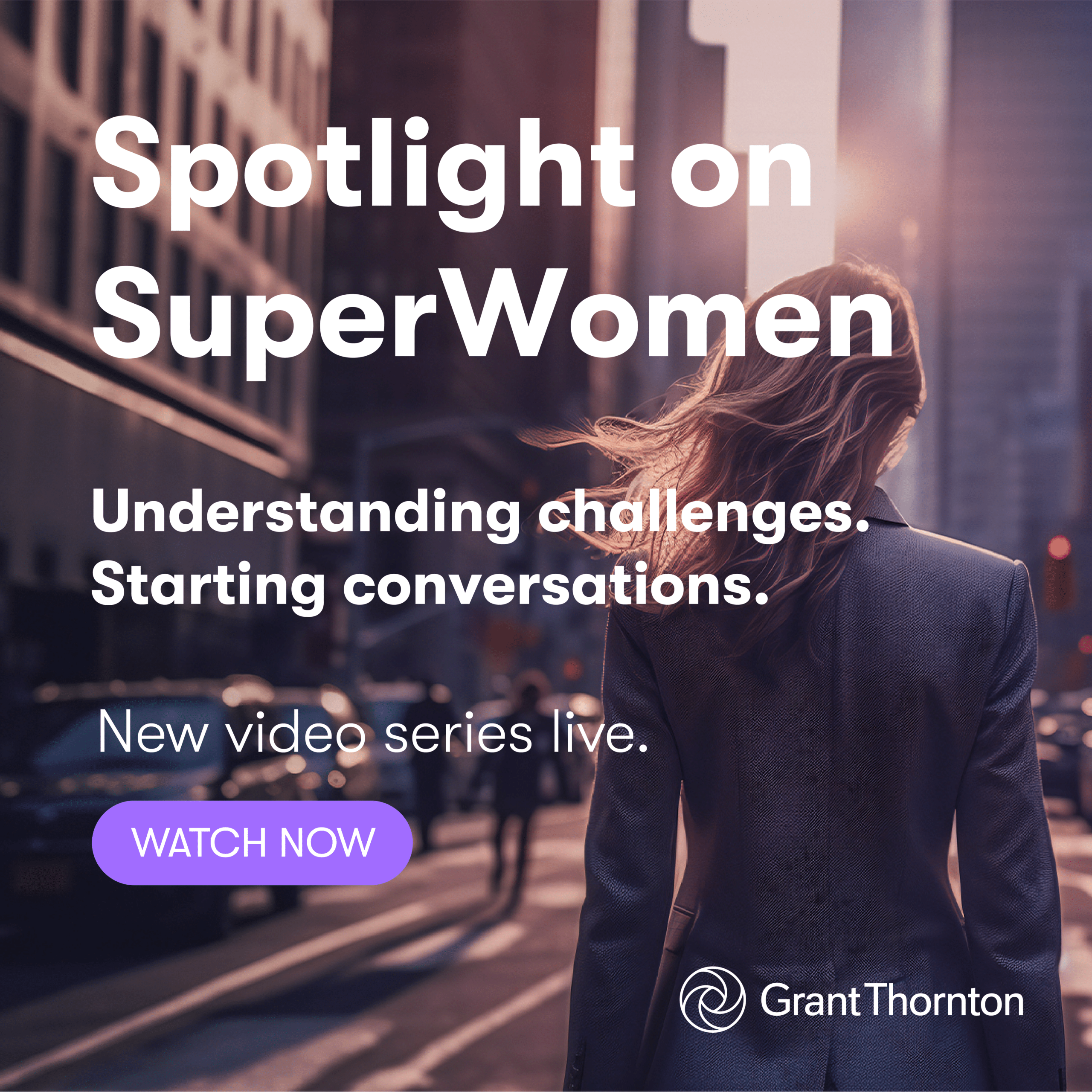Earlier this year I wrote a LinkedIn post that went viral. Incredibly viral. My company had just decided we would cover the full cost of an Autism and/or ADHD assessment for our employees. I shared a quick post about the policy to my personal LinkedIn page and it blew up.
And that’s when it finally clicked. Actually, this is a big deal. Because it was at that moment that I realised that nobody else has a policy like this.
The reality of employment and neurodivergency
According to Autism Awareness Australia, 31 per cent of Autistic people in Australia are unemployed, six times higher than people without a disability. 20 per cent of Autistic folk have lost a job due to their autism and 54 per cent of Autistic Australians have never held a job.
It’s an even bleaker picture in the US where 85 per cent of autistic adults are unemployed, compared to 4.2 per cent of the total population.
And while those figures are disappointing, it doesn’t cover the scores of Autistic women who are undiagnosed because many diagnostic tools are based around the Autistic experience of men and boys.
I’ve been this woman. I was undiagnosed until I turned 37 and in previous roles, I was everything neurodivergent folk are often discriminated against in the workplace: ‘too much’, ‘too blunt’, ‘too intense.’ My incredibly typical neurodivergent traits almost always came up in my yearly performance review. It was often the reason I missed out on promotions and pay rises.
And that’s if I made my way into a workplace. I can’t count how many job interviews I was unable to secure, or how many job interviews I didn’t progress to the next round on, due to the genuinely non-inclusive hiring processes.
Currently 15-20 per cent of the population is neurodivergent
Skills shortages are rampant across Australia with 36 per cent of occupations considered in a national shortage. That’s a whole lot of untapped talent organisations are missing out on due to neuro exclusive hiring practices, biases and downright discrimination.
This is despite the direct links between diversity and performance. Along with the increased creative problem solving that a more diverse team offers, there is research to suggest that neurodivergent staff can boost a team’s productivity by 30 per cent.
Within my own team, hiring neurodiverse staff has positively influenced retention rates. While other companies are blowing the estimated $23,000 on rehiring costs, we’ve managed to retain our workforce for almost as long as we’ve employed a workforce (7+ years and counting). In an industry where two year stints within one workplace, followed by the next, are the norm, and are recommended for career growth, we’ve retained our team for as long as we’ve literally employed our team.
What I wish other CEOs knew about: neurodivergency and the interview process
Casting the net wider than traditional recruitment practices does take a slight shift in thinking. It also means that neurodiversity needs to be accommodated from the very beginning of the recruitment process.
Job ads should champion neurodiversity and ensure it’s well-represented throughout the entire job ad.
Consider giving interview questions to candidates prior to their interview to assess the depth of the responses rather than the speed. Don’t ask for video applications and ditch those vague or ill-defined questions often designed to trip candidates up.
Give candidates the option between camera on or off during the interview. This helps honour the differences in processing speed whereby people may need more or less time to make sense of and respond to the interview questions.
You may think that these accommodations give people an easy ride or make it harder for us to find quality candidates. In reality, we end up agonising over a most incredible pool of diverse candidates in a job market that’s been described as ‘lacking’ when the opposite is true for us.
What I wish other CEOs knew about: neurodivergency and the onboarding process
Many existing norms in the workplace are often much harder to cope with for your neurodivergent colleagues. However, slight accommodations make a world of difference and often improve the workplace environment and culture for everyone.
Normalise fidget tools in boardrooms, and on desks to help self-regulate and maintain focus. You might also consider giving noise cancelling headphones as a welcome gift when new starters begin their role.
Flexibility is key when hiring neurodivergent employees and should be built into the organisational structure. This may look like letting employees choose between fully remote work or hybrid or letting them choose their start times. This will accommodate neurodivergent brains with entirely different circadian rhythms (our clients also benefit from those 11am start – 6-7pm finish given they’re always in 9am meetings anyway).
Use neuro affirming language within the workplace, and ensure leadership speaks a neuro affirming and celebratory language. Because inclusion is at its most contagious when it comes from the top.
In addition to the above, our new starters also receive an assessment which asks what kind of workplace accommodations they would individually benefit from which they pass to their manager to review and implement.
None of this is ahead of its time. The time is now.
Neuroinclusion isn’t just a requirement for the future, or even now, it was actually the requirement of yesteryear.
While other CEOs are shaking their heads and saying “but we could never”, the reality is that companies benefit culturally, operationally and financially from radically neuroinclusive workplaces.
In a post-pandemic era of work where burnout is rampant across almost every industry, well being comes from deeply knowing self and being able to self-advocate within the workplace. So while initiatives like covering the full cost of an Autism and/or ADHD assessment should be governmental responsibility, I also know that companies [startups especially] can be the true drivers of change. Just like we are.


